Client Retention Strategies for Accounting Firms
.png)
- Clients often leave accounting firms when they feel undervalued, ignored, or confused about your services and pricing.
- You can prevent this by using client retention strategies like onboarding, regular check-ins, personalized emails, and sharing testimonials and case studies.
- ClearlyRated helps firms capture real-time client feedback, share verified success stories, highlight awards, and turn satisfied clients into advocates for long-term loyalty and growth.
Too many firms focus on signing new clients, but the real growth often comes from building loyalty with the ones they already serve. When you retain clients year after year, you gain steady revenue, stronger referrals, and a base that trusts your advice enough to invest in new services.
The challenge is that keeping clients loyal can be harder than attracting them in the first place, especially when expectations for service and communication keep rising. That is why smart firms are treating retention as seriously as acquisition, making it a critical component of their accounting firm growth strategy.
In this article, we’ll walk through client retention strategies for accounting firms that deliver more value than constant acquisition and share ways to keep your best clients from leaving for competitors.
Why Client Retention Matters More Than Acquisition
Most firms pursue new clients because it seems like the fastest way to grow, but growth often slows when those same clients leave too soon. Customer retention deserves equal, if not more, attention because loyal clients spend more, refer others, and trust your advice enough to buy additional services. When you know the right moments to focus on retention, you protect profits, reduce wasted acquisition costs, and build stability that keeps the firm growing year after year.
Below are some of the most common reasons why client retention matters more than acquisition:
- High customer churn rates directly cut into profits, as replacing clients always costs more than retaining them. U.S. companies lose over $1.6 trillion annually to churn, and accounting firms are no exception when clients leave faster than they arrive.
- Acquisition often drains more money than clients ever return in lifetime value, especially in professional services. Firms invest heavily in marketing, events, and pitches, but 90% of buyers select from their initial short list. Our research shows that in accounting, nearly two-thirds of buyers begin with a 'day one' list, and 96% never consider firms outside of it.
- Firms that operate on recurring revenue models, such as monthly advisory or subscription-style services, depend heavily on long-term loyalty. Losing those clients disrupts predictable income and forces firms to chase replacements, while retention keeps revenue steady and builds trust in advisory relationships.
- Retention powers sustainable growth because loyal clients not only buy more but also advocate for your firm. Strong retention raises client lifetime value, reduces marketing costs, and creates healthier margins, giving firms a growth model that is repeatable and much less dependent on constant acquisition.
What Your Clients Really Care About
Clients rarely stick around just because your firm files taxes correctly or submits reports on time, since those tasks are expected rather than valued. What they really notice is how much trust you create and how consistently high the service quality in accounting firms feels each time they interact with you.
Surveys show that 92% of clients weigh the reputation of their key contacts, while 91% pay close attention to firm performance metrics, peer referrals, and testimonials from current clients. Specialization also plays a strong role because 88% of clients prefer firms that deeply understand their industries and challenges. This means that focusing on improving client relationships in accounting is not a soft skill but a direct driver of loyalty.
When you combine strong personal connections with proven expertise and measurable results, you make it harder for clients to leave for a competitor offering similar services. In the end, trust, credibility, and consistent value carry more weight than any sales pitch or discount you could ever offer.
Why Clients Are Really Leaving Your Business
Although companies believe clients leave due to price alone, it's often because they feel misunderstood or undervalued by their firm. A PwC report revealed that nearly half of consumers (46%) value the quality of a service so strongly that they stay loyal because of it rather than any flashy marketing.
That tells us right away why service quality in accounting firms matters more than you might think, even if the numbers haven't changed much. Clients leave when they believe your service quality does not meet their expectations.
- Poor service quality: Clients leave when they believe your service quality does not meet their expectations. Slow replies, missed deadlines, or mistakes in reports hurt trust faster than high fees ever could. Consistently delivering accurate work on time builds confidence and keeps clients engaged.
- Lack of communication: Clear, consistent messaging matters most when your clients face pressure or uncertainty. In fact, the most common reason clients switch firms is a lack of responsiveness, especially through email and other basic touchpoints. Firms that prioritize proactive updates retain clients more effectively.
- Unclear pricing: Clients have little patience for vague or hidden fees. Confusion over costs breeds mistrust quickly. When firms share transparent pricing and honest billing, they reinforce trust and avoid giving clients a reason to look elsewhere.
Actionable Client Retention Strategies for Accounting Firms
Understanding what clients want is only the starting point, and the real challenge begins with building loyalty that lasts through both routine tasks and stressful financial decisions.
Since you are handling their money, this relationship demands trust, and that trust begins the very moment they agree to work with you.
Strategy #1: Set clear expectations and create a smooth onboarding process
A sloppy onboarding process can certainly damage a new relationship from the very first day. To avoid that outcome, you must set clear expectations upfront with new clients about what happens next, when they will hear from you, and what you need from them.
A great way to gather this information is by using a feedback form or industry-specific surveys, which also helps you immediately demonstrate the level of service they can expect. You can use platforms for accounting firms, such as ClearlyRated, that automate customer experience management from one user-friendly dashboard.
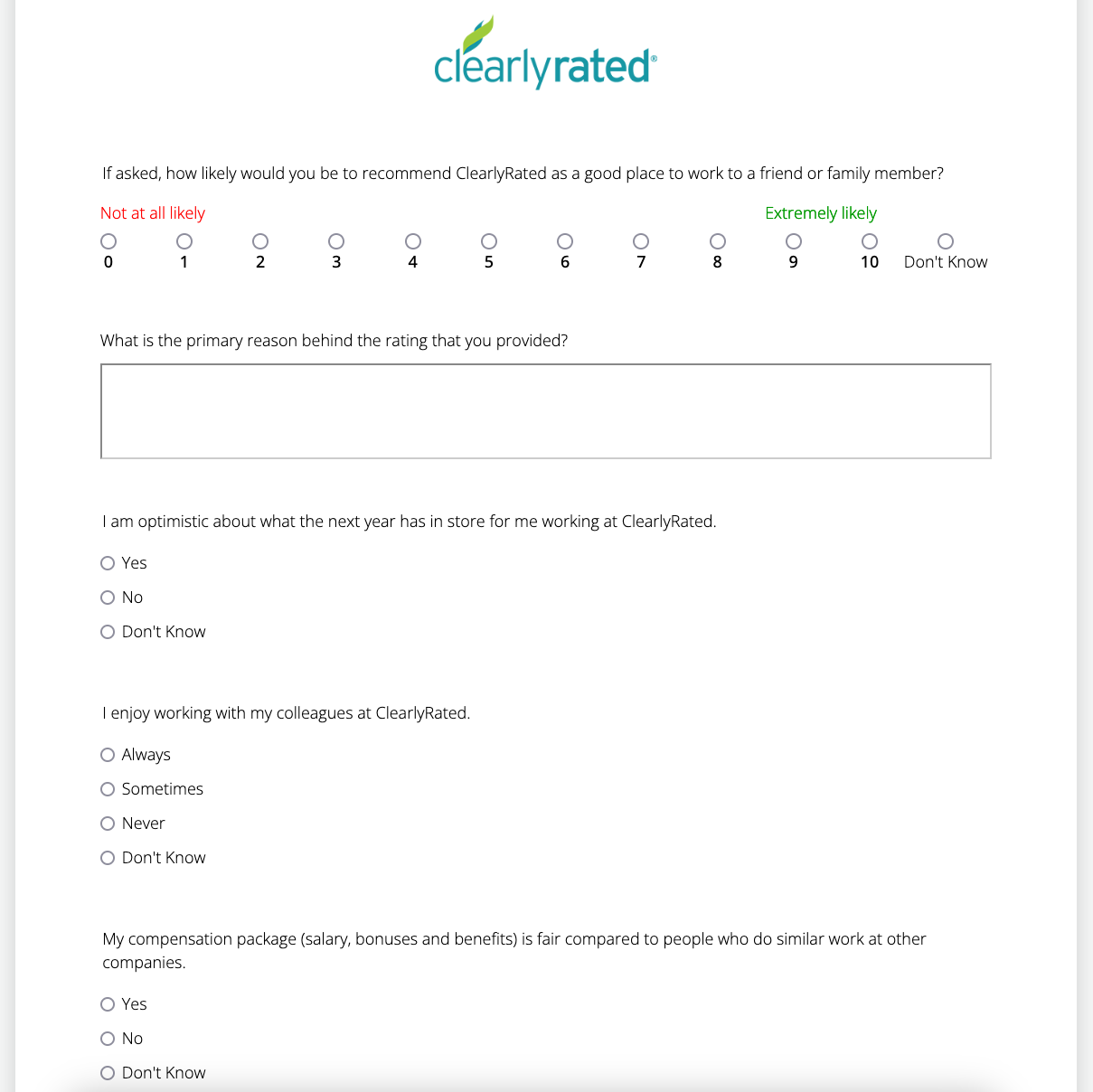
Survey questions are typically rated on a scale of 1 to 10, making it simple to track changes over time and giving you a mix of real-time insights and qualitative feedback. For the best client retention tips for CPA firms, remember that you can conduct anonymous surveys to encourage honest opinions or use non-anonymous forms for personalized follow-ups.
Once expectations are set, you need to show consistency in how you deliver value. Begin by sending a welcome email that outlines the following steps, including when they can expect to hear from you and the actions required. The tone of this email sets the standard for the relationship, so it should be clear, positive, and direct.
Here’s an example of a simple welcome email:
Once you’ve successfully sent the email, the next thing you need to do is complete the onboarding process smoothly. This process conveys what clients can expect throughout their time with your firm.
To make onboarding easier, we offer a Satisfaction Survey Checklist to guide firms through everything from survey design to follow-up. This reduces friction and standard errors. Providing this consistent experience helps accounting firms earn stronger client loyalty.
Strategy #2: Leverage technology
Technology can be the difference between a client who stays loyal and a client who leaves frustrated after one bad experience. According to Forrester’s 2024 Customer Experience Benchmarking Report, 39% of brands across industries reported a decline in customer experience quality between 2023 and 2024. Even more concerning, only three percent of companies qualified as customer-obsessed, indicating that very few organizations consistently prioritize client needs in their decision-making.
Strong accounting client retention best practices focus on tools that remove friction and build trust. Some of the most effective solutions include:
- CRM systems to track conversations, tasks, and follow-ups, so no client feels ignored
- Client portals for secure, professional document sharing and easy access to important files
- Cloud accounting platforms that give clients real-time visibility into their numbers and stronger confidence in your guidance
- Automation tools for reminders, updates, and document collection, which cut delays and reduce manual effort
- Feedback platforms like ClearlyRated to capture client impressions and convert them into actionable insights
When you combine these technologies, you create a service experience that feels professional, transparent, and reliable. Clients notice that when working with you, it saves them time and gives them confidence, which is why technology directly supports an accounting firm's growth strategy and long-term loyalty.
Strategy #3: Exceptional service and advisory value
Here is what AI cannot replace: The feeling that someone cares about their business.
When everything becomes automated, they start craving the human side of the relationship. They want a trusted advisor who knows their story and invests in their success every single day.
When you offer virtual CFO support or help shape long-term financial strategy, you step into a role that adds value far beyond basic compliance. Clients feel more connected when you partner with them on growth decisions rather than only handling paperwork at year's end.
Simple ways to humanize your relationships include:
- Sharing proactive advice that connects financial data to long-term client goals
- Offering quarterly advisory sessions that explore strategy alongside compliance tasks
- Using everyday conversations to spot opportunities that strengthen trust and deepen collaboration
In fact, accounting client retention strategies always combine technical expertise with personal guidance, which creates relationships that last well beyond a single tax season.
Strategy #4: Proactive and personalized communication
Clients rarely have the time to scroll through social media for updates. When they want to stay informed, they usually turn to email instead. In fact, 58% of people open their email before checking social media or even the news. That makes email the channel your clients already trust and prioritize.
And what better way to share important updates and insights than through a well-crafted newsletter?
A newsletter keeps you top of mind and positions your firm as a trusted advisor. For example, you can send quarterly tax reminders, updates on new regulations, or simple accounting client retention strategies they can implement to improve their cash flow.
As AI becomes more prevalent, people crave a more human approach, which means ditching fancy graphics, jargon, and overpolished content. When you do it right, these touchpoints will remind clients exactly why they hired you in the first place, and they can also lead to conversations about additional services that clients might need.
Similarly, regular check-ins build stronger ties and remind clients why they chose your firm. Here is what that might look like in practice:
- Monthly touchpoints during busy tax season that address deadlines
- Quarterly business reviews during slower months that focus on strategy
- Immediate updates whenever regulatory shifts or financial events could impact their business
For example, here’s what you can typically send to check in:
“Hi [First Name], I just wanted to do a quick check-in to see how things are going for you and your business. We have a few things coming up that I think you’ll find valuable, and I will be sure to share them with you very soon. In the meantime, feel free to reach out if you have any questions or just want to talk.”
Our CRM and email marketing features further help create deeper connections with clients. By automating follow-up reminders, nurturing leads, and delivering targeted messaging, businesses can keep their clients engaged and prevent churn.
Strategy #5: Encourage feedback and continuous improvement
As one of the most effective client retention strategies for accounting firms, collecting structured feedback gives you measurable data on what is working and where frustrations may exist.
There are many ways to collect valuable client feedback, including:
- Feedback platforms or post-engagement surveys that help you identify minor issues before they grow into larger problems
- Short surveys with both multiple-choice and open-ended questions to capture both numbers and real stories
- Reviews, that can provide valuable insights
- Active listening during check-ins to make clients feel heard
When clients see you adapting based on their feedback, they trust that your firm values their input. This practice strengthens loyalty and increases the chance of them expanding their engagement with your firm.
Strategy #6: Showcase reputation & referral programs
A strong reputation builds loyalty when clients see proof that your firm consistently delivers value they can trust. Testimonials highlight genuine experiences that matter to prospects, while case studies demonstrate measurable outcomes that carry even greater weight.
Both tools create confidence, and when combined with client advocacy incentives, they encourage long-term partnerships.
As an online reputation management platform for accountants, we offer accountants practical tools to:
- Post reviews directly to Google, gather star ratings instantly, and create team “Shout Outs” to recognize exceptional service in real time
- Share awards, reviews, and testimonials on LinkedIn, websites, email signatures, and press releases, turning client praise into new business opportunities
- Publicly celebrate firms with outstanding client satisfaction via “Best of” awards, backed by verified third-party feedback, signaling proven quality to prospects
- Launch and manage referral programs that reward clients for new endeavors, encouraging existing clients to promote your firm actively
Strategy #7: Invest in your team
Your team directly influences the quality of service clients experience, so investing in their skills drives stronger relationships and long-term loyalty. Hence, focus on:
- Continuous training: Keep staff up to date with tax regulations, accounting software updates, and advisory best practices to provide confident guidance.
- Client service excellence: Teach employees to anticipate client questions, respond proactively, and demonstrate empathy during every interaction to build trust.
- Advisory positioning: Use workshops, mentorships, and shadowing programs to position your staff as knowledgeable advisors who deliver consistent value.
- Recognition and motivation: Celebrate expertise and accomplishments to reinforce competence, boost morale, and encourage ownership of client outcomes.
When employees feel capable and appreciated, they consistently deliver value, which strengthens accounting firm client loyalty and supports long-term client retention strategies.
How ClearlyRated Helps Retail Clients for Accounting Firms
Your clients notice when your firm listens, responds, and proves its value consistently, and ClearlyRated helps you do exactly that.
Our platform enables accounting and professional services firms to collect real-time client feedback through NPS surveys, helping identify service gaps before they turn into churn. By comparing results with industry peers, firms gain actionable insights that highlight where they are excelling and where improvement is needed.
Additionally, the platform integrates directly with systems like Salesforce, HubSpot, and Bullhorn, keeping feedback linked with client records for immediate action. As a result, firms can act on insights quickly, building trust and confidence among clients.
Additionally, public reviews, awards, and verified “Best of Accounting” recognition strengthen reputation, attract new clients, and reinforce loyalty. With 77% of profile pages appearing on the first page of Google, ClearlyRated helps firms turn satisfied clients into visible advocates for long-term growth.
Accounting firm JA Del Río, for example, lacked a process or platform for capturing objective client feedback or generating a verified CX score. After partnering with us, they can now proudly show their world-class Net Promoter Score (NPS) to prospective clients and partners, and share their Best of Accounting™ award and client testimonials to boost marketing and sales efforts.
Start Improving Your Client Retention Now
Keeping clients can feel more challenging than finding new ones, but retaining them pays off far more in the long run. So, pick one strategy from this list and try it this week because the clients you keep now become your best investment.
If you need guidance on retaining clients for your accounting firm, we can help you capture feedback, showcase success stories, and consistently strengthen client relationships.
Schedule a meeting today to turn client satisfaction into measurable growth and long-term loyalty.
FAQs
What are the four levels of retention strategies?
The four levels of retention strategies include:
- Reactive retention, which responds to client issues
- Proactive retention, which anticipates client needs
- Loyalty programs, which reward consistent engagement
- Advocacy strategies, which turn satisfied clients into promoters for your firm
What are the strategies of customer retention?
Customer retention strategies focus on personalized communication, providing consistent value, collecting feedback, rewarding loyalty, delivering exceptional service, and maintaining strong relationships.
What is an effective method to encourage client retention?
An effective method for client retention involves combining proactive communication, personalized service, and regular feedback collection. Recognizing client milestones and addressing concerns promptly builds trust and loyalty, ensuring clients remain engaged and committed to your firm’s services.
FAQs



.webp)





.png)


%20(1).png)

.webp)
.png)

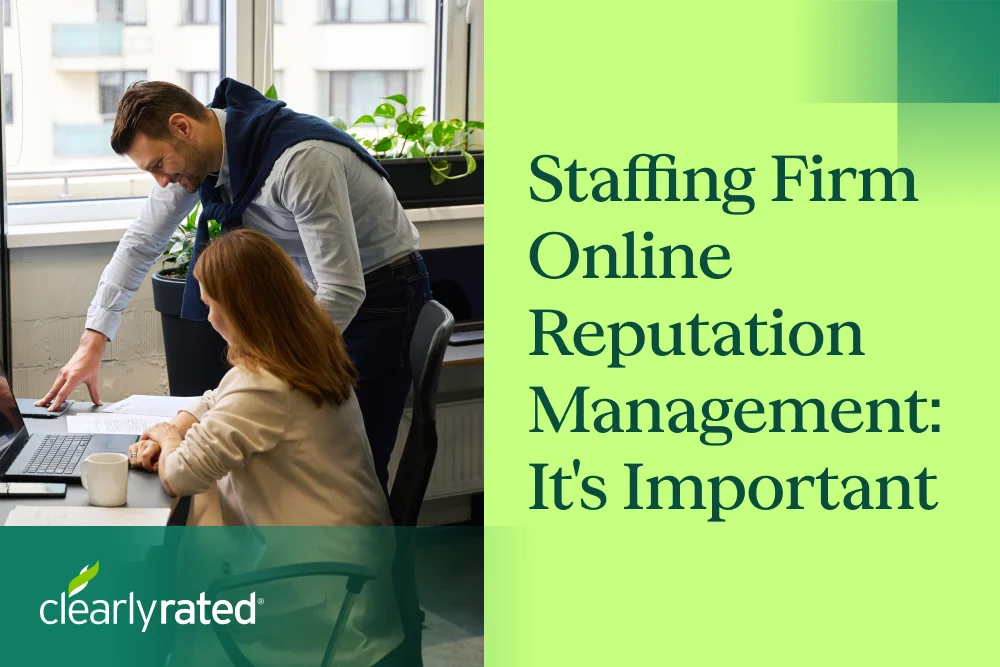




%5B1%5D.webp)
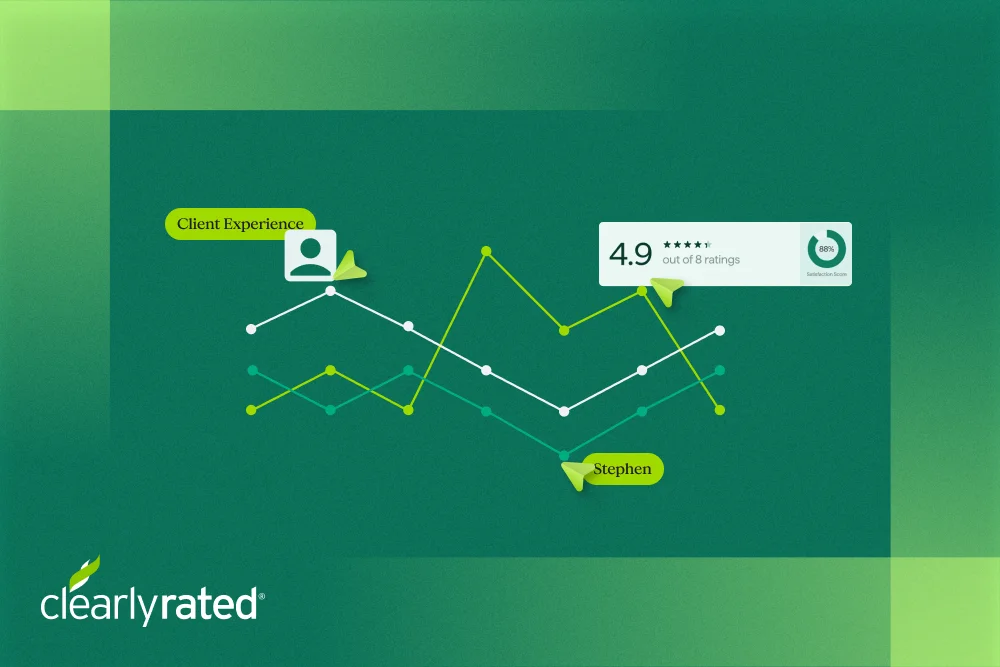












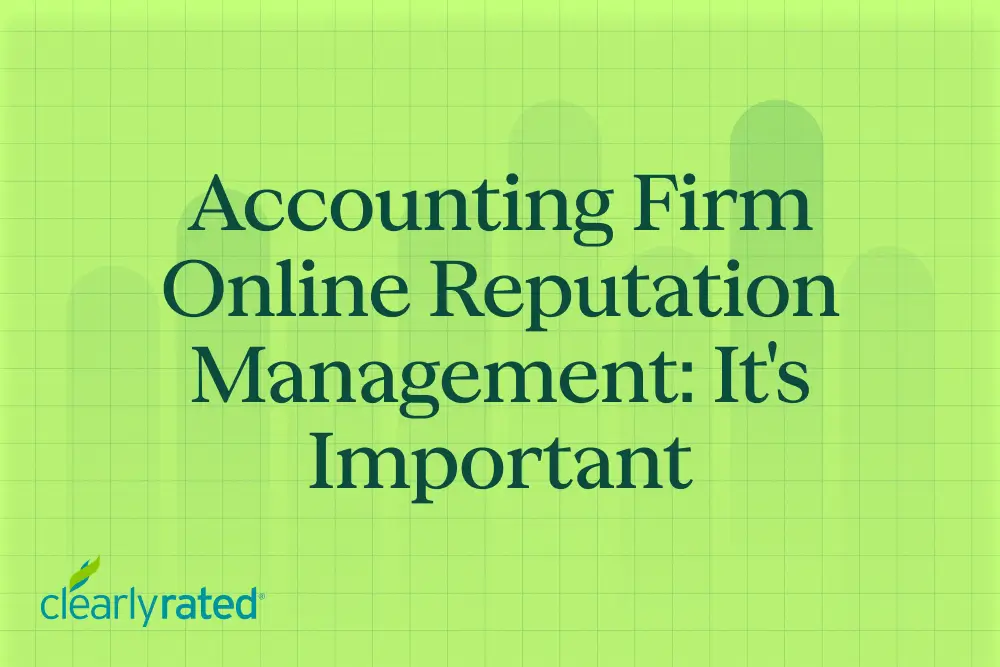




_%20The%20Ultimate%20Guide.png)





.png)










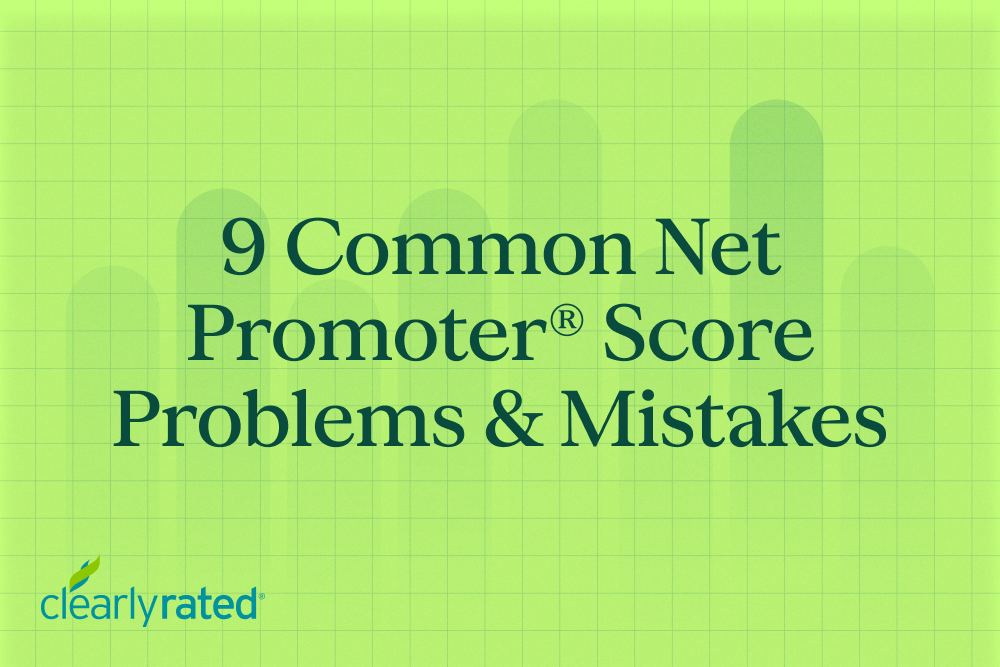









%20in%20the%20Workplace.png)










.png)

%20and%20how%20can%20you%20increase%20it.png)
_%20A%20Step-by-Step%20Guide.png)

.png)
.png)




_.png)



%20in%202028.png)


_%20The%20Ultimate%20Guide%20(2024).png)


